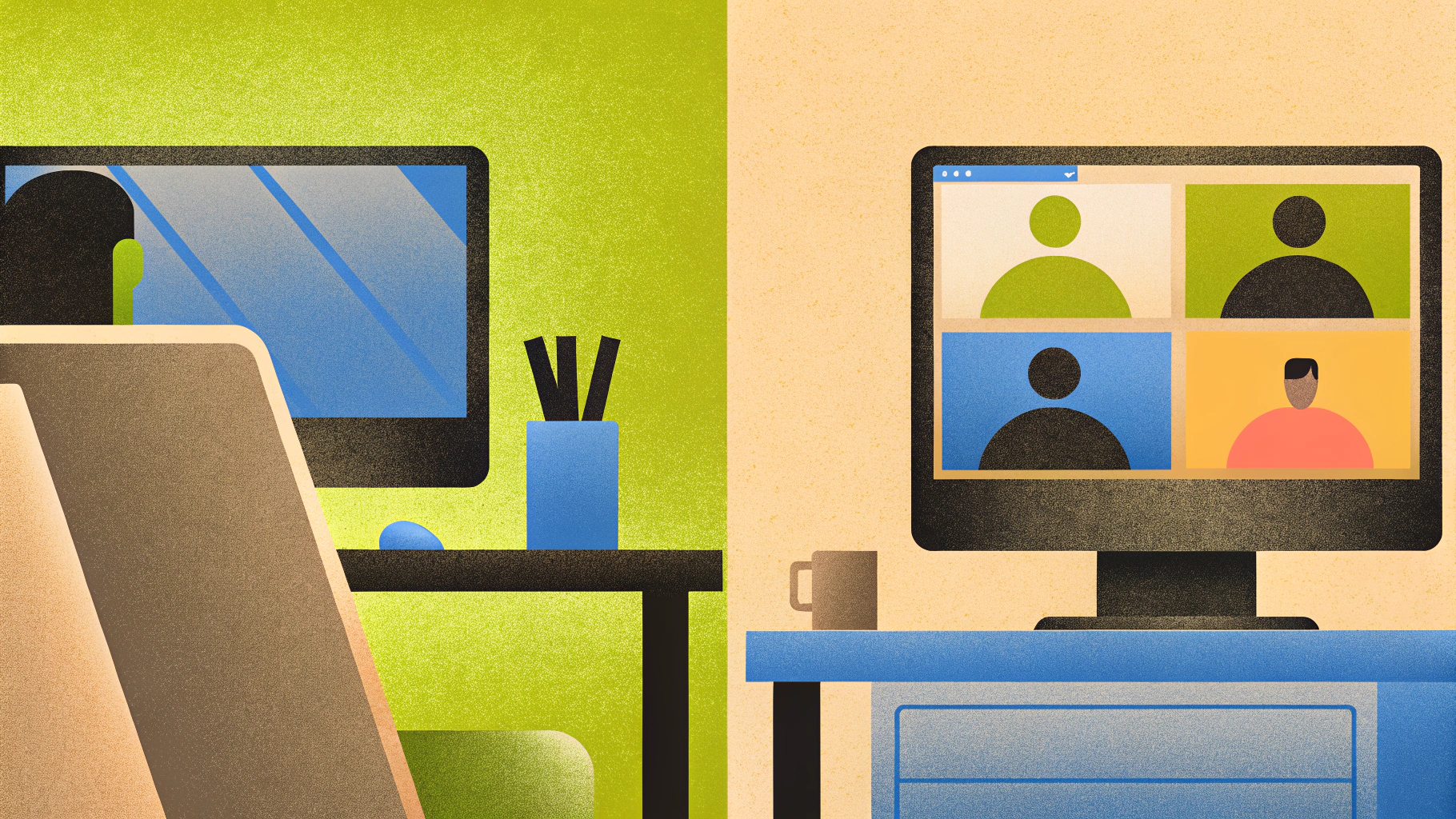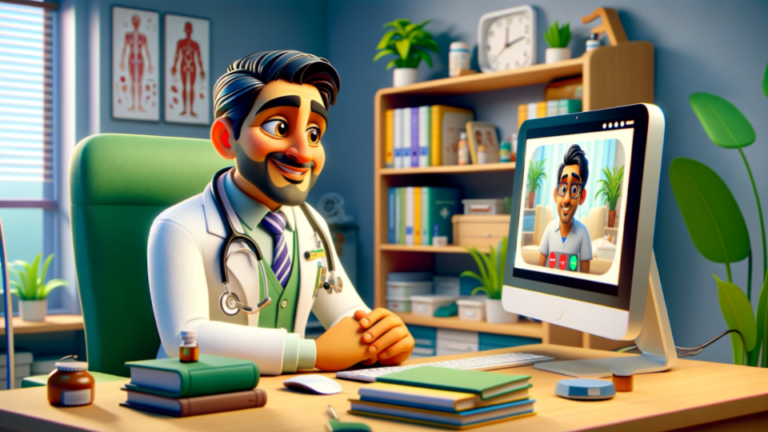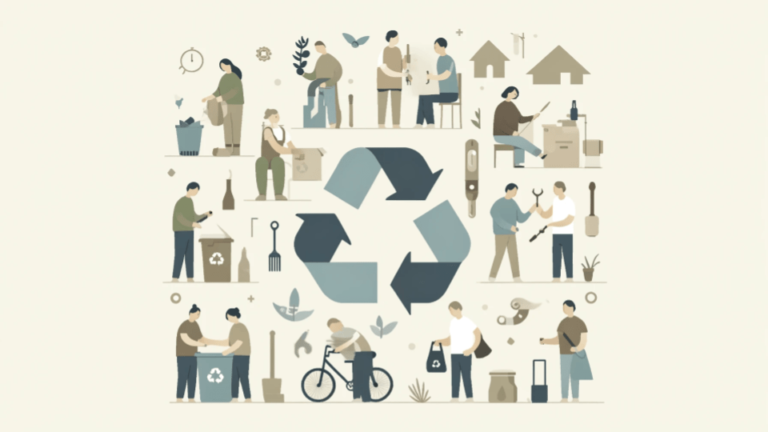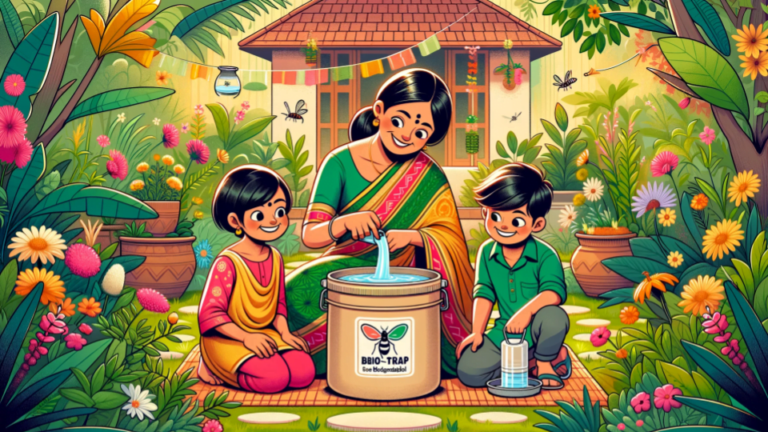Qudrat : Turning Trash to Tableware
Qudrat is the much-needed lifeboat we need for a world drowning in plastic. Founded in Kerala by the Suri siblings, Rishabh and Rohan, this venture turns waste into wealth. Qudrat was incorporated in November 2020 as Marikar Green Earth Private Limited. How, you ask? By transforming agricultural leftovers into eco-friendly tableware. Like plates, cups, and spoons, all made out of nature’s refuse – rice husk, straw, and even coconut leaves.

Lessons From Qudrat
Sustainability Can Be Profitable
The Lesson: Sustainable business practices can lead to long-term profitability and consumer loyalty. Environmental values can attract a dedicated customer base and open new market opportunities.
Implementation: Develop products that appeal to the growing market of environmentally conscious consumers.
How Qudrat Implement It: By producing 100% biodegradable products, Qudrat tapped into the market of consumers looking for eco-friendly alternatives to conventional disposables.
Education Drives Change
The Lesson: Educating your market can drive demand for your products and promote broader change. Fostering a community around shared values can lead to increased brand loyalty and advocacy.
Implementation: Use marketing and outreach to inform consumers about the benefits of your products and the problems they solve.
How Qudrat Implement It: Qudrat actively educates consumers about the environmental impact of plastic waste and the benefits of switching to biodegradable alternatives through their campaigns and product descriptions.
Local Solutions for Global Problems
The Lesson: Local innovations can provide solutions to global environmental challenges. This approach also supports local economies.
Implementation: Leverage local resources and tailor solutions to meet global standards, addressing widespread issues.
How Qudrat Implement It: By using locally sourced agricultural waste to tackle the global issue of plastic pollution, Qudrat created a scalable and impactful business model.
Market Responsiveness
The Lesson: Being responsive to market signals, trends and consumer preferences can guide your product development and innovation.
Implementation: Stay attuned to market demands and rapidly evolving trends to keep your offerings relevant.
How Qudrat Implements It: Qudrat responded to the increasing demand for sustainable products by providing a practical and appealing alternative to plastic disposables.
Use Digital Platforms for Growth
The Lesson: Digital platforms offer powerful tools for reaching a wide audience, scaling business operations, and managing customer relationships effectively.
Implementation: Utilize e-commerce platforms, social media, and digital marketing to enhance your business’s visibility and accessibility.
How Qudrat Implements It: Qudrat effectively uses online marketplaces like Amazon and Flipkart to reach a wider audience and streamline their sales process.
Our Plastic Love Affair
Each year, millions of tons of plastic waste choke our planet. It’s not just ugly; it’s lethal. Sea turtles mistake plastic bags for jellyfish. Birds, fish, and even soil suffer from our plastic love affair. Globally, we produce over 300 million tons of plastic every year and less than 10% gets recycled. In India alone, cities generate thousands of tons of plastic waste daily. The impact? Clogged waterways, polluted air, and harmed wildlife.
The Brothers Behind the Brand
Rishabh dropped out of Chartered Accountancy to join the family’s motorcycle business. But his heart was set on making a difference. Then came 2020, a year that changed everything. With the world in lockdown, Rishabh and Rohan saw a chance to tackle a growing crisis: plastic pollution. They asked, “Why not use agricultural waste instead of letting it burn?”
The idea was simple yet revolutionary. Use natural materials and agricultural by-products to make disposable tableware. After about two years of hard work, experimentation, and innovation, Qudrat was born.
From Fields to Your Table
Their product line includes plates, cups, bowls, straws, and spoons. All crafted from agricultural by-products like rice husk, straw, and coconut leaves. These natural by-products are often burned, but now they get a second chance.
They are collected, crushed, heated, and mixed. Using this mix, they compress and mold it into tableware. Qudrat’s products break down in just 30 days, making them 100% biodegradable. Qudrat’s products do more than just decompose. They’re safe for animals to consume, making accidental ingestion by wildlife harmless. It’s a win-win for both nature and us.
Building Bridges
Qudrat is active in promoting sustainable practices beyond their product sales. They engage in educational initiatives that raise awareness about the benefits of upcycling and waste reduction. They work closely with local farmers in Kerala. These partnerships help Qudrat source raw materials like rice husk and straw. In return, farmers gain a profitable way to dispose of agricultural waste.
Wider Impact and Adoption
They started with sales on Amazon, focusing on the Indian market. Now, their products have reached customers far beyond Kerala, spanning Indian metros and even international markets like the US, the UK, Canada, and Mexico. Their customer base has also grown to 1500.
Impact on Sustainability
They have prevented thousands of kilos of agricultural waste from being burned. Their products, which are entirely biodegradable, ensure that if disposed of improperly, they pose no harm to wildlife. This unique feature has earned them a certification from the Council of Scientific & Industrial Research (CSIR).
Financial Milestones
In January 2023, Qudrat’s potential was recognized. They received the Startup India Seed Fund of Rs. 20 lakhs. This boost was for marketing and accelerating their project. They’ve secured a total of Rs 64 lakh in grants, showcasing trust and support from major players like Startup India, Kerala Startup Mission, and Ernst & Young. With a focus on the B2B sector, Qudrat is closing this fiscal year with an impressive turnover of nearly Rs 75 lakh.
Why Stop Here?
Every item Qudrat makes is a step towards a cleaner world. These products break down naturally, adding no harm to the earth. From preventing agricultural waste burning to saving our landfills and oceans from plastic, Qudrat’s contributions are commendable.
Let’s keep this good thing going. Support sustainable businesses like Qudrat. Share their story. Try their products. Every small step leads to big changes. Every purchase, every choice you make can support sustainable practices. Are you ready to be part of the change?
Questions To Ponder
Creative Head – Mrs. Shemi K Kandoth
Content By Dork Company
Art By Dork Company
100 Startups by IIT Madras in 2024: A Landmark Entrepreneurial
IIT Madras, a leader in India’s education and research, embarks on an ambitious journey. In…
Inside Indie Hackers: How a Transparent Community of Founders is
Indie Hackers, established in 2016 by Courtland Allen, is a thriving online community and resource…
Cursor: How 4 MIT Graduates Built the Fastest-Growing AI Startup
Cursor, an AI-powered integrated development environment (IDE), emerged in 2022 as one of the fastest-growing…
Vercel: This Startup Is Quietly Powering the Internet — And
Founded in 2015 by Guillermo Rauch and Naoyuki Kanezawa, Vercel—originally known as Zeit—set out to…
Tella: How This Tiny Team Is Revolutionizing Screen Recording
Tella is a modern screen recording platform built for today’s content creators and video professionals….
CarDekho: How Two IIT Brothers Changed The Way India Bought
CarDekho, a prominent name in the Indian automotive industry, has revolutionized the way people buy,…
Kovai.co: The Startup That Gave ₹14 crore To Its 140
The idea for Kovai.co started when Saravana Kumar, the CEO, was working as a software…




















Leave a Reply
You must be logged in to post a comment.